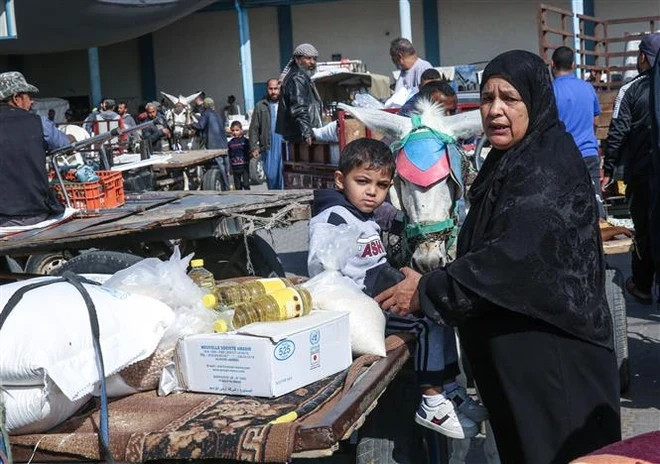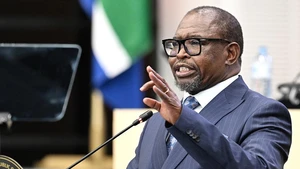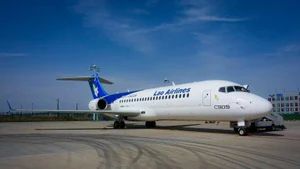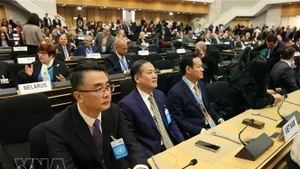The topic of discussion throughout Lazzarini's three destinations was UNRWA's efforts to provide aid to the people in the Gaza Strip. His visit to the United Arab Emirates (UAE), Qatar and Kuwait took place in the context that UNRWA is facing the challenge of maintaining resources for humanitarian activities. Dozens of the agency's top donors, including the US, UK, Germany, and Sweden, decided to freeze support after Israel accused some UNRWA staff of being involved in an attack on October 7, 2023, by the Islamic Resistance Movement Hamas targeting Israel.
To clarify the above allegation, UNRWA announced that it is conducting a transparent investigation. The United Nations also decided to establish an independent committee to evaluate UNRWA. However, analysts are concerned that it is unlikely that aid sources will resume soon. The spokesperson for the United States Department of State, Matthew Miller, said that Washington is UNRWA's largest donor, with an annual contribution of 300-400 million USD.
In UNRWA's list of top donors, Germany ranks second with about 202 million USD per year, followed by the European Union (EU), Sweden, Norway, Japan, France, Saudi Arabia, Switzerland and Turkey. According to the United Nations, countries have just decided to stop funding the majority of UNRWA's operating budget in 2023, so frozen financial sources pose a difficult problem for maintaining the operations of this agency.
World Health Organization (WHO) Director-General Tedros Adhanom Ghebreyesus warned that stopping funding to UNRWA could have dire consequences for people in Gaza, an area heavily devastated by the conflict between Hamas and Israel. The lack of funding will negatively affect the provision of essential services to people not only in the Gaza Strip and the West Bank but also in Palestinian refugee camps in regional countries such as Jordan, Lebanon and Syria. The Spanish Ministry of Foreign Affairs expressed concern that humanitarian activities in the Gaza Strip could be paralyzed in the next few weeks because UNRWA currently only has enough funding to operate until the end of February.
Experts affirmed that UNRWA's important contributions cannot be denied in efforts to resolve the humanitarian crisis that has lasted for many months in Gaza. Since the end of last year, more than two million people in the Gaza Strip have depended on aid from UNRWA. The agency also operated medical aid stations for tens of thousands of Palestinians injured by the fighting. Hundreds of UNRWA members were killed in violent attacks while attempting to assist the Palestinian people.
In that context, many countries and international organisations affirmed that they will continue to stand side by side with UNRWA to reduce pain and loss for the people of Gaza. Twenty-one international aid organisations, including Oxfam, Save the Children, and ActionAid, issued a joint statement calling on countries to reconsider the decision to suspend UNRWA funding due to concerns that the humanitarian crisis in Gaza will worsen and become more serious, if international aid flows are limited. These organisations clearly stated that the number of accused employees only accounts for a negligible proportion of UNRWA's 30,000 employees. The suspension of funding by countries could become a new “collective punishment” targeting the people of Gaza.
Meanwhile, emphasising that UNRWA is a vital lifeline for millions of refugees, Norwegian Foreign Minister Espen Barth Eide called on donors to consider the consequences of the decision to cut aid. High Representative of the European Union for Foreign Affairs and Security Policy, Josep Borrell, also announced that the EU will not stop providing aid to UNRWA.
United Nations statistics showed that the conflict in Gaza has forced 85% of the population of this territory to relocate, causing serious shortages of food, clean water and medicine, while more than 60% of the infrastructure has been damaged or destroyed. Analysts said that in the context of the increasingly serious humanitarian crisis in Gaza, maintaining funding for UNRWA is essential to support the Palestinian people through the current difficult period.
















